Description
“George Friedrich Hegel: A Biography of His Vision and Ideas” by Subrata Mukherjee and Sushila Ramaswamy is a remarkable exploration of the life, works, and philosophies of one of the most influential figures in the history of Western philosophy. This comprehensive biography delves deep into the mind of George Friedrich Hegel, providing readers with a profound understanding of his vision and ideas. Mukherjee and Ramaswamy, esteemed scholars in their own right, have painstakingly researched and presented an in-depth analysis of Hegel’s life, his philosophical development, and the impact of his ideas on various fields of knowledge. In this book review, we will discuss the strengths of this biography, evaluate its contribution to the field, and explore the writing style that makes it an engaging read for both scholars and general readers alike.
In “George Friedrich Hegel: A Biography of His Vision and Ideas,” Mukherjee and Ramaswamy embark on a captivating journey through Hegel’s life, tracing his early years in Stuttgart to his academic pursuits in Tübingen and Jena, and finally his professorship in Berlin. The authors skillfully navigate through the key events and formative experiences that shaped Hegel’s thinking, shedding light on the intellectual and cultural context in which he lived. They meticulously examine Hegel’s major works, such as “The Phenomenology of Spirit” and “The Science of Logic,” uncovering the intricate web of ideas that underpinned his philosophy. The biography not only provides a chronological account of Hegel’s life but also delves into the deeper philosophical questions and debates that occupied his mind throughout his career.
Mukherjee and Ramaswamy’s biography of Hegel is a remarkable achievement, meticulously researched and masterfully presented. The authors demonstrate a profound understanding of Hegel’s complex philosophy, skillfully distilling his ideas and presenting them in a clear and accessible manner. They adeptly connect the dots between Hegel’s personal experiences, historical events, and the development of his philosophical concepts. By offering an insightful analysis of Hegel’s works, they provide readers with a comprehensive understanding of his thought process, enabling them to engage with his ideas on a deeper level.
One of the strengths of this biography is its balanced approach to Hegel’s philosophy. Mukherjee and Ramaswamy not only highlight the significance of Hegel’s contributions but also critically examine the limitations and controversies surrounding his ideas. They explore the criticisms levied against Hegel’s work and the subsequent impact on the development of philosophy. This nuanced evaluation adds depth to the biography, allowing readers to appreciate the complexities and debates inherent in Hegel’s philosophy.
In comparison to other biographies on Hegel, Mukherjee and Ramaswamy’s work stands out for its comprehensive approach and meticulous attention to detail. While other biographies may focus primarily on Hegel’s philosophical ideas, this biography provides a well-rounded understanding of his personal life, intellectual development, and the historical context in which he lived. The authors successfully strike a balance between biography and philosophy, offering readers a holistic perspective on Hegel’s life and work.
“George Friedrich Hegel: A Biography of His Vision and Ideas” presents a thought-provoking interpretation of Hegel’s philosophy and identifies recurring themes that underpin his work. Mukherjee and Ramaswamy highlight the centrality of dialectics and the concept of historical progress in Hegel’s thought, shedding light on his unique understanding of reality and human experience. They explore the themes of self-consciousness, freedom, and the relationship between individuals and society, providing readers with a deeper appreciation of Hegel’s philosophical vision.
While this biography focuses primarily on Hegel as the central figure, Mukherjee and Ramaswamy also provide insights into the lives and influences of the key individuals who shaped Hegel’s intellectual journey. They bring to life the intellectual milieu of Hegel’s time, introducing readers to prominent figures such as Friedrich Schelling and Johann Gottlieb Fichte, who played instrumental roles in Hegel’s development. By contextualizing Hegel’s ideas within these relationships, the authors offer a more nuanced understanding of his intellectual growth and the interconnectedness of philosophical ideas during that era.
About the Authors:
Subrata Mukherjee and Sushila Ramaswamy, both esteemed scholars in the field of philosophy, bring their expertise and passion for Hegel to this biography. With extensive research and academic contributions, Mukherjee and Ramaswamy have established themselves as authorities on Hegel’s philosophy. Their combined knowledge and insightful analysis make them well-suited to unravel the complexities of Hegel’s life and ideas, providing readers with a compelling and comprehensive biography.
Mukherjee and Ramaswamy’s writing style is engaging and accessible, making complex philosophical concepts approachable for readers with varying levels of familiarity with Hegel’s work. The authors balance scholarly rigour and readability, making this biography suitable for academic audiences and general readers interested in exploring Hegel’s philosophy. Their clear prose and systematic organization of ideas contribute to the overall coherence and flow of the book.
What People Say About This Book:
“George Friedrich Hegel: A Biography of His Vision and Ideas” has garnered widespread acclaim from both scholars and general readers. Renowned philosophers and historians have praised the book for its meticulous research, insightful analysis, and engaging narrative. It has been hailed as a significant contribution to the field, shedding new light on Hegel’s life and ideas and deepening our understanding of his philosophical legacy.
The strengths of “George Friedrich Hegel: A Biography of His Vision and Ideas” lie in its comprehensive approach, insightful analysis, and accessible writing style. The book provides a well-rounded exploration of Hegel’s life and ideas, contextualizing them within their historical and philosophical frameworks.


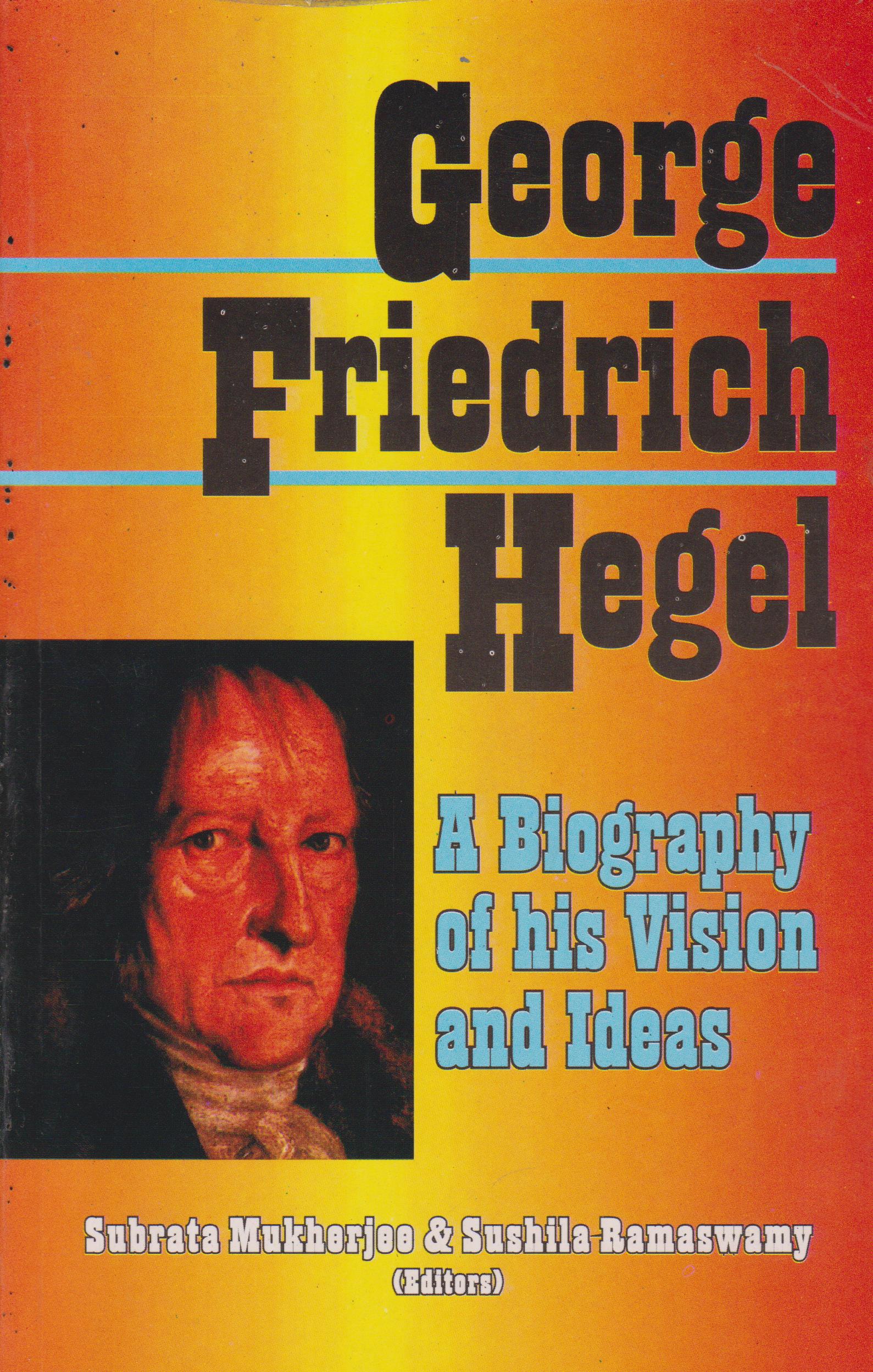

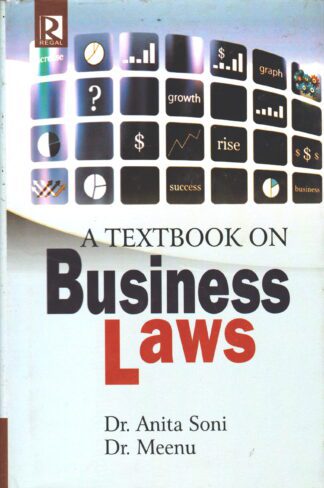
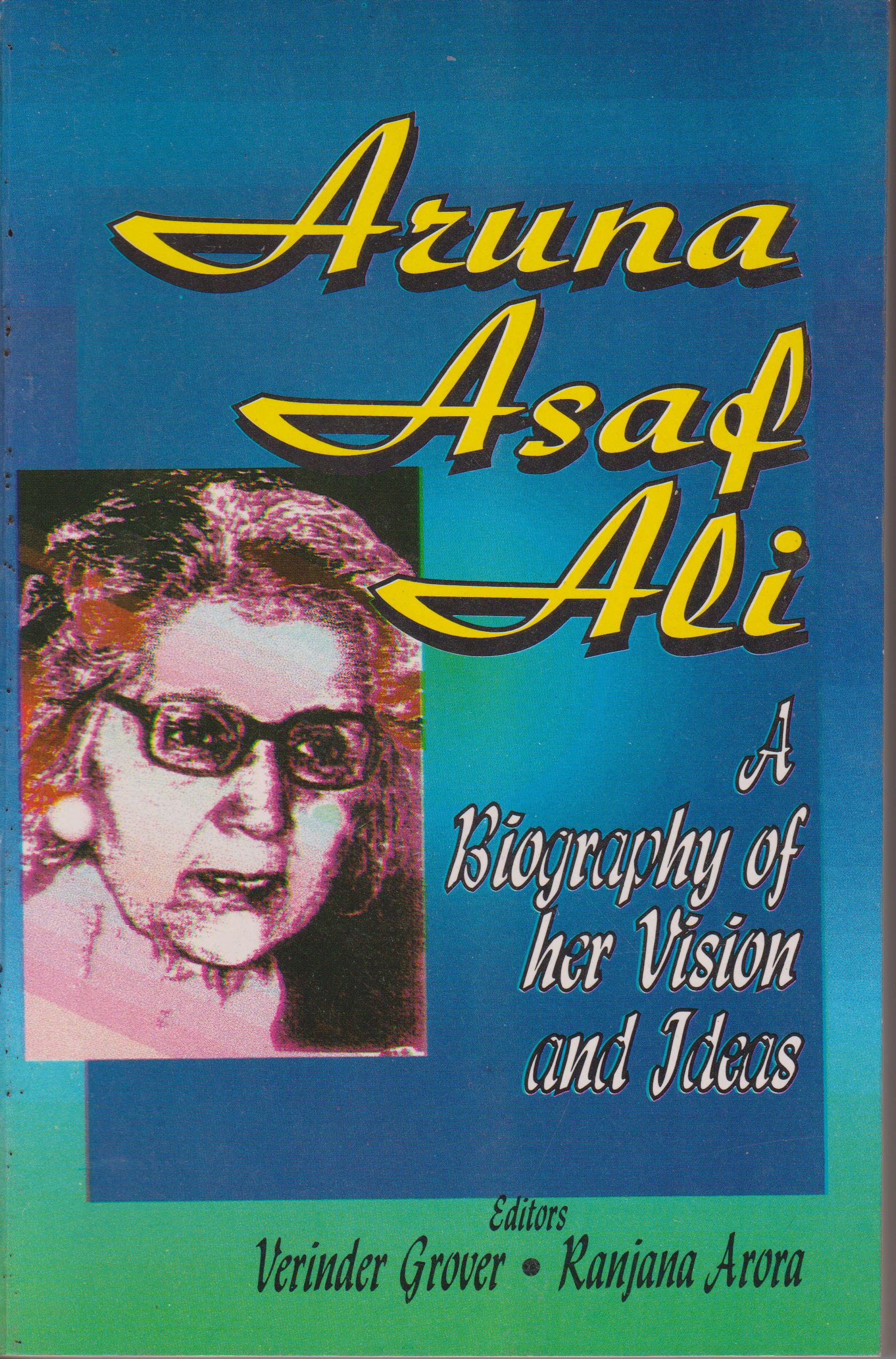
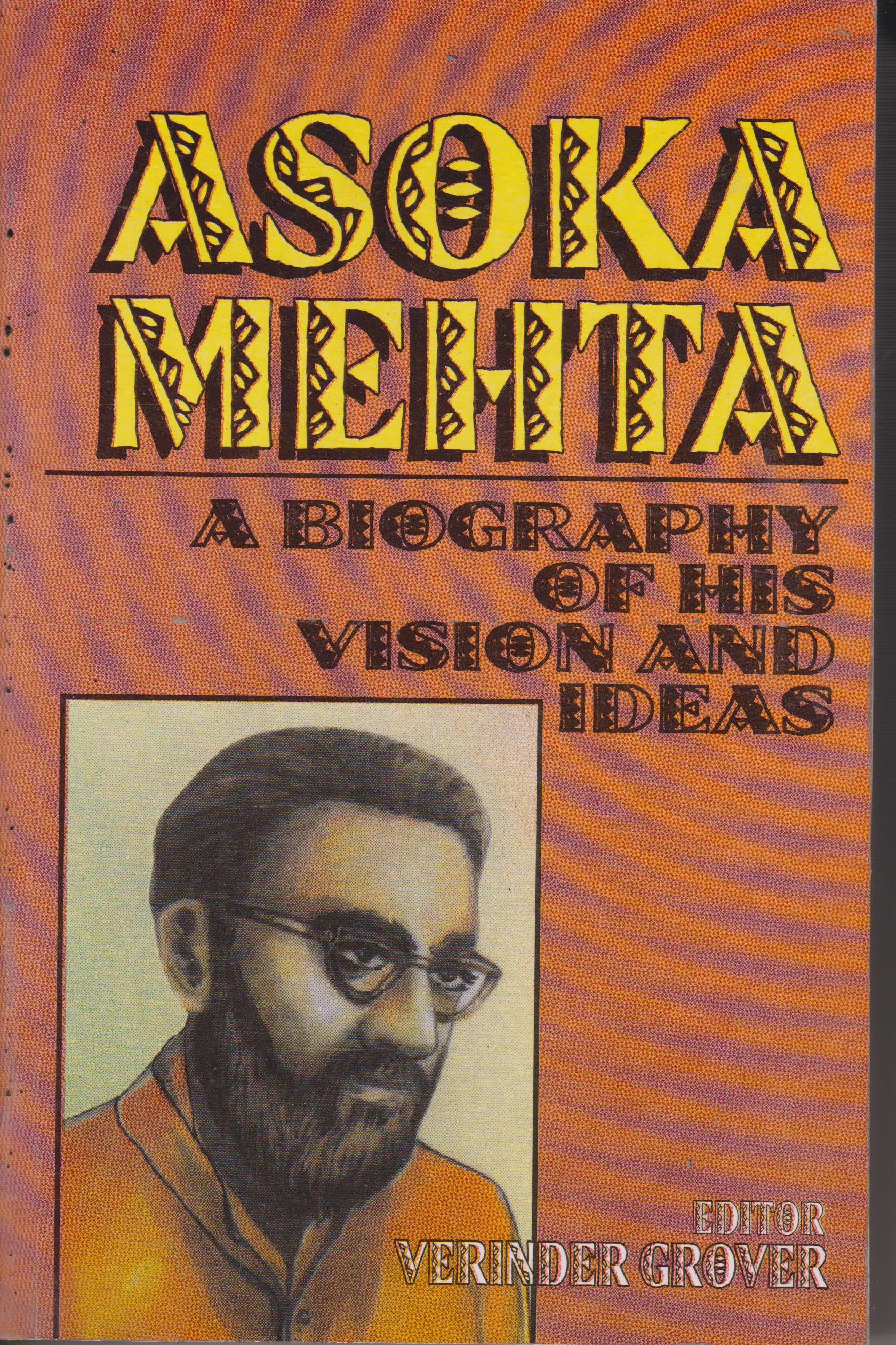
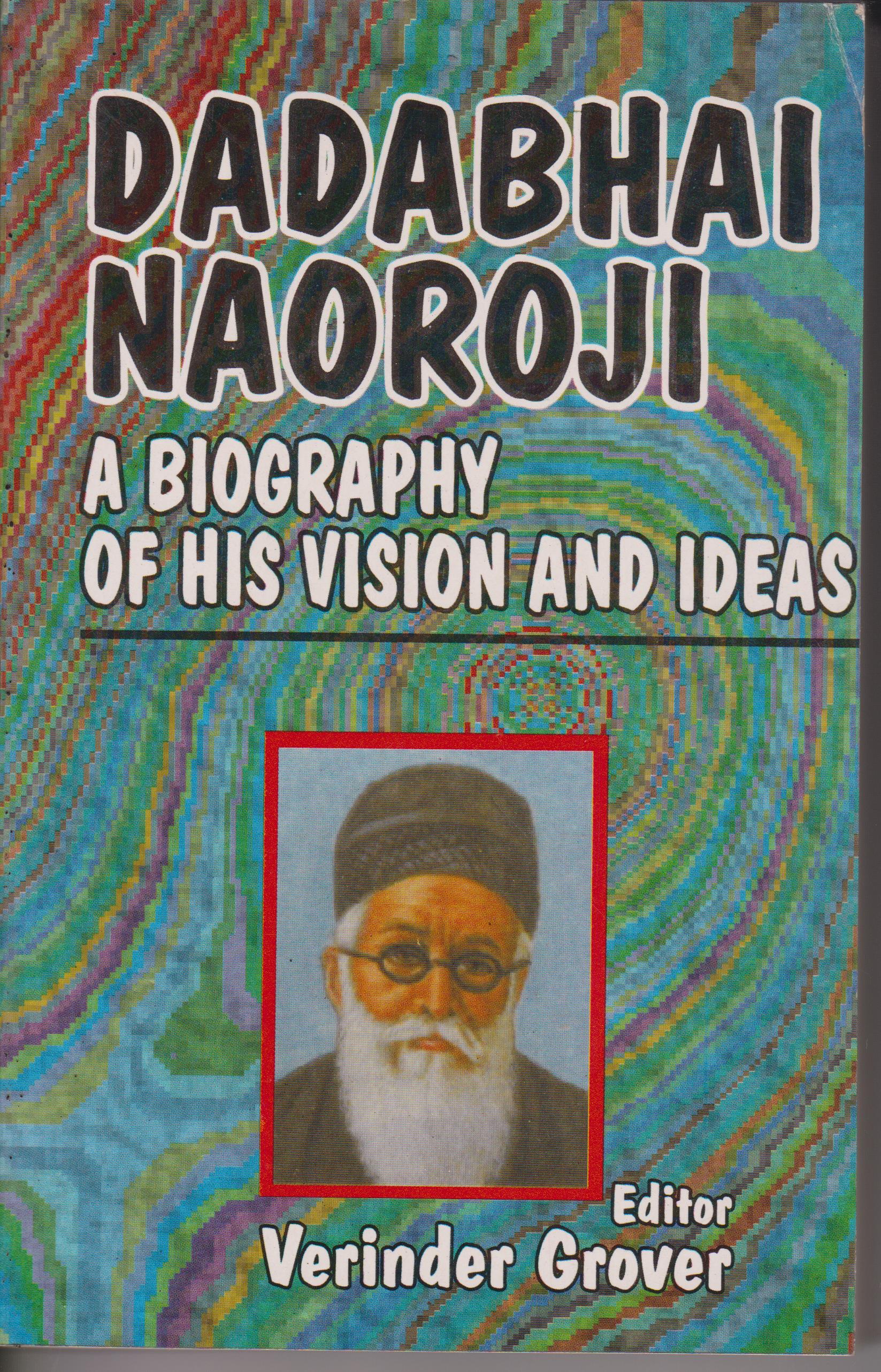
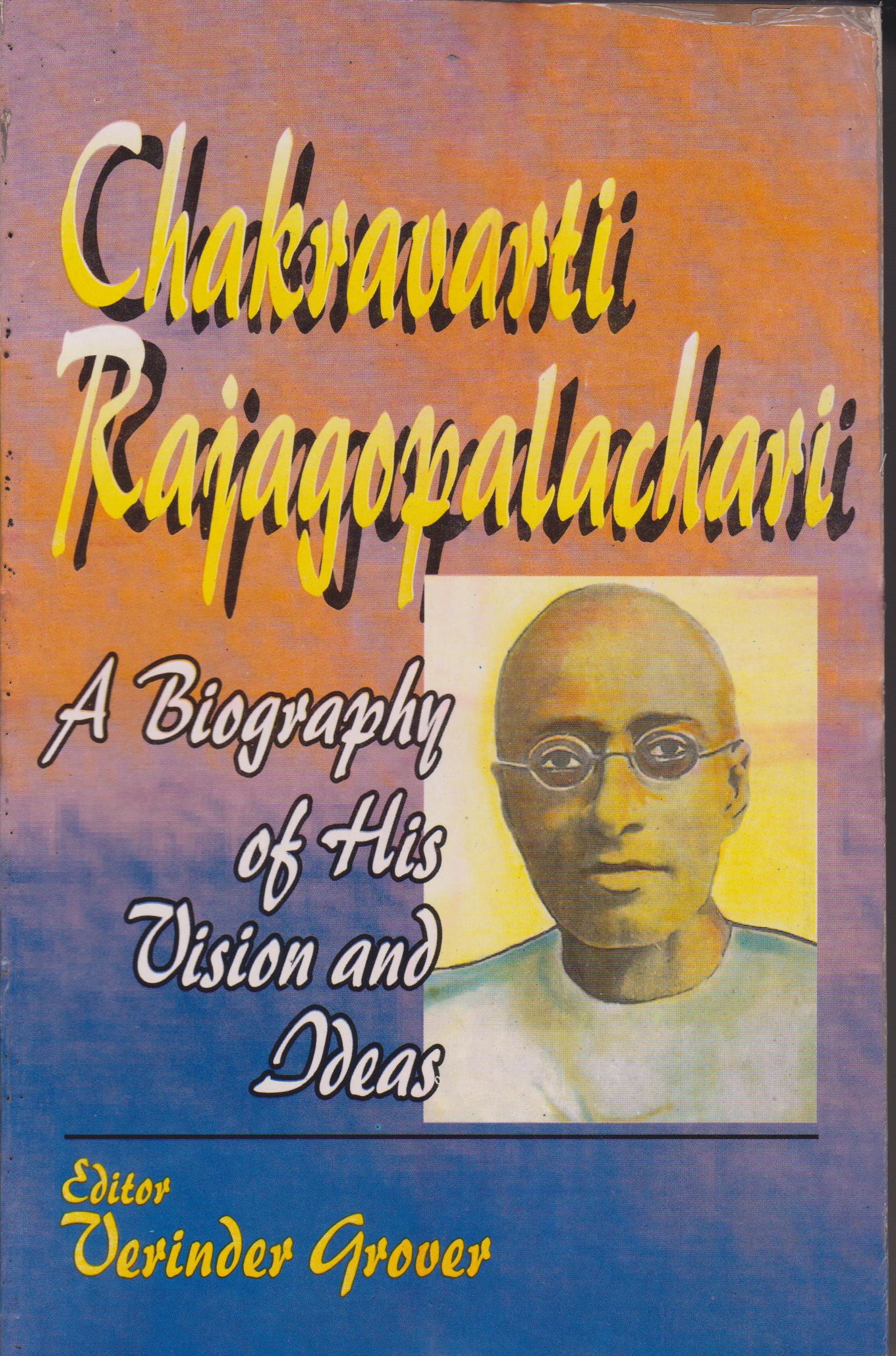
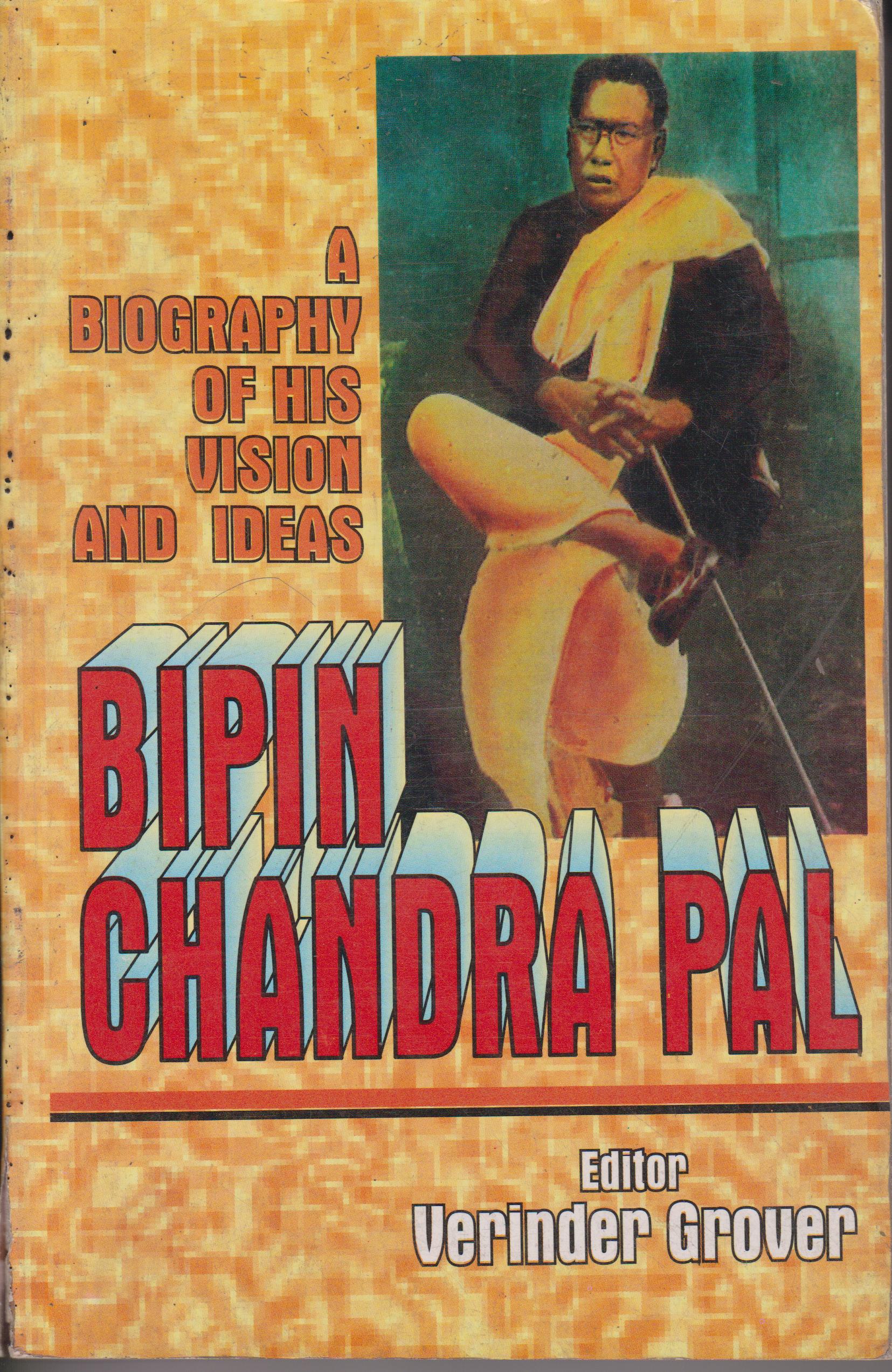
Reviews
There are no reviews yet.